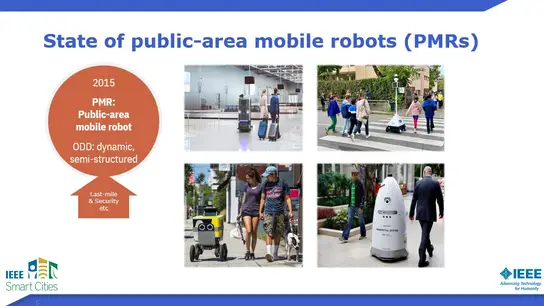Panel 7: Digital Pandemic Surveillance and Management: COVID-19 and future pandemics
Luca De Feo, Olivier Blazy, Mirjam Kretzschmar, Gwendal Le Grand
-
Members: $5.00Sponsoring Society
IEEE Members: $10.00
Non-members: $20.00Length: 12:57:35
Panel
01 Oct 2020
COVID19 has put a new practice in the spotlight: contact tracing. The goal of contact tracing is to slow down the spreading of a pandemic by rapidly identifying people who have been in close contact with infectious people, so to direct them towards precautionary measures: testing, self-quarantining, etc.Contact tracing has been performed by qualified humans in past pandemic events, such as the recent Ebola epidemics, but COVID19 has seen the emergence of a new technique: digital contact tracing. Leveraging the ubiquity of smartphones equipped with GPS or proximity sensors, digital contact tracing seeks to complement, simplify and amplify traditional contact tracing. Digital contact tracing has received its fair share of criticism from security and privacy experts, though: pushing a whole population to willfully carry around a personal tracking technology, in exchange for unverified public health benefits, is not to be taken lightly.This panel will bring together experts from different fields, from epidemiology to security and privacy, to discuss the pro and the cons of digital contact tracing, draw a summary of its (un)success so far, and elaborate on the future of the technology,
Primary Committee:
IEEE Smart Cities Conferences



